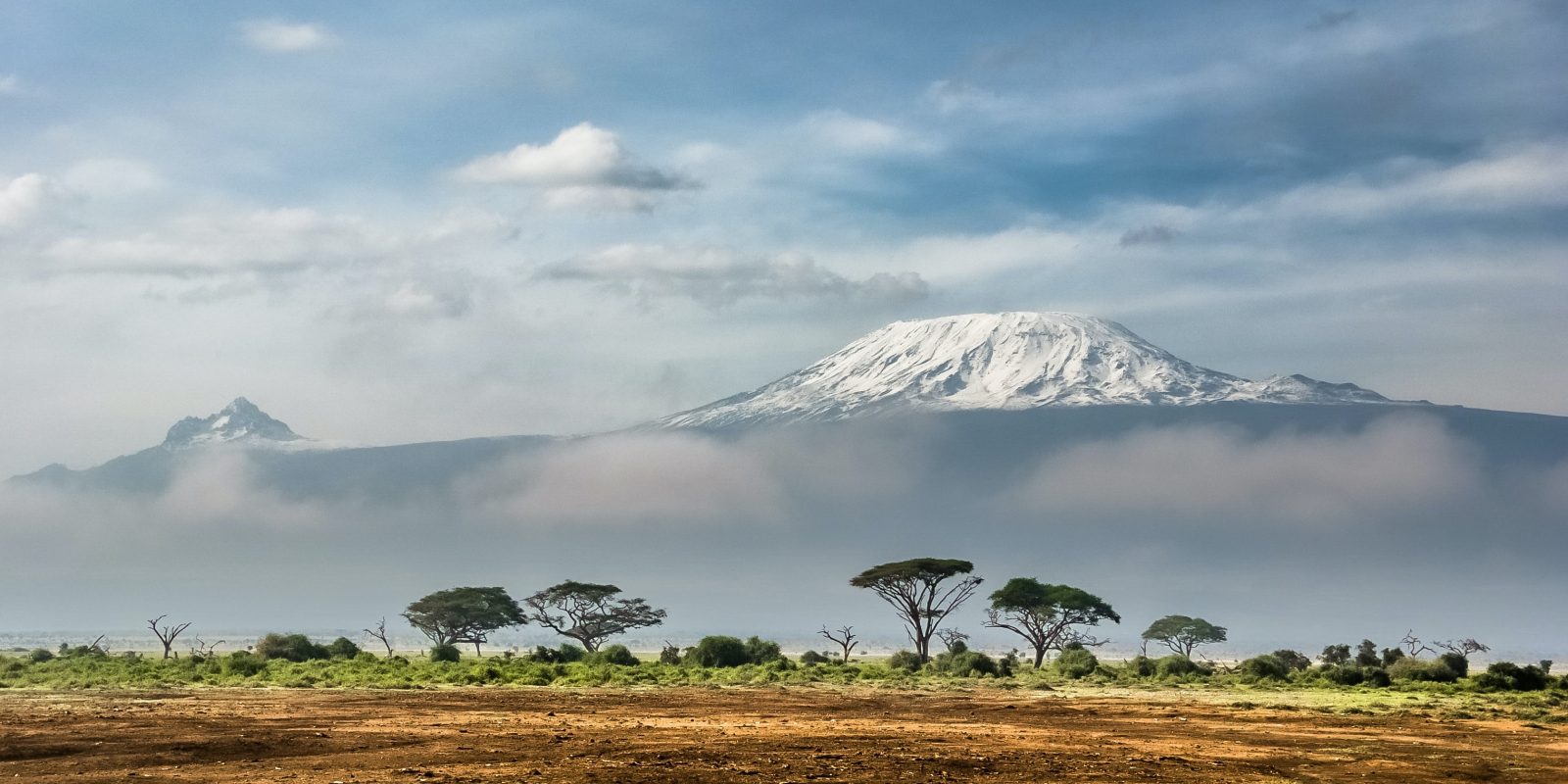
Despite the advent and surge of the COVID-19 virus commanding most of the world’s medical attention, pre-pandemic threats to life and health around the globe remain as active and dangerous as ever. In addressing one of those, Kenya has said it will begin using drones in its long and ongoing battle against malaria.
Kenya to deploy drones against the formidable malaria scourge
Kenya announced its embrace of drones in that fight during its national Malaria Action Day Thursday. Sensor-equipped uncrewed aerial vehicles will be used to identify and photograph mosquito breeding sites, particularly those in remote areas or otherwise difficult to access. Data from that imagery will be tapped to create maps for return flights to spray the areas. The effort seeks to reduce the number of malaria-carrying mosquitos by preventing the insects from ever taking flight.
“We are focused on larviciding so that we kill the mosquitoes before they breed,” Kenyan Health Cabinet Secretary Mutahi Kagwe said in announcing the plan. “The drones are able to identify breeding sites and generate maps to guide action.”
Despite the urgency to meet the sudden, unexpected threats posed by the COVID-19 outbreak, malaria remains one of the top health concerns in Kenya – and, indeed much of Africa and the wider tropical world.
Malaria remains a leading health threat worldwide
Kenya suffers an estimated 3.5 million new clinical cases each year – one every seven seconds – which are responsible for 10,700 annual deaths. The disease costs the country 12 million days of work every year, seriously degrading the quality of life for people who suffer from its recurring episodes.
According to World Health Organization statistics, 229 million new malaria infections were reported in 2019 worldwide, leading to 409,000 deaths. Prevention and eradication strategies, it added, averted 1.5 billion new cases, while treatment avoided 7.6 million deaths.
Kenya’s drive to use drones against mosquitos will take place under a public-private partnership, overseen in part by the Kenya End Malaria Council. The project also calls for training and employing younger people to staff different aspects involved.
A major area of activity will be in Kenya’s Lake Region, which includes Lake Victoria. The massive zone currently accounts for around 70% of new cases. Previous efforts by Kenya to fight malaria through the spraying of breeding zones have proved encouraging enough to extend them with the broader range of movement and better identification capacities drone tech can provide.
FTC: We use income earning auto affiliate links. More.



Comments